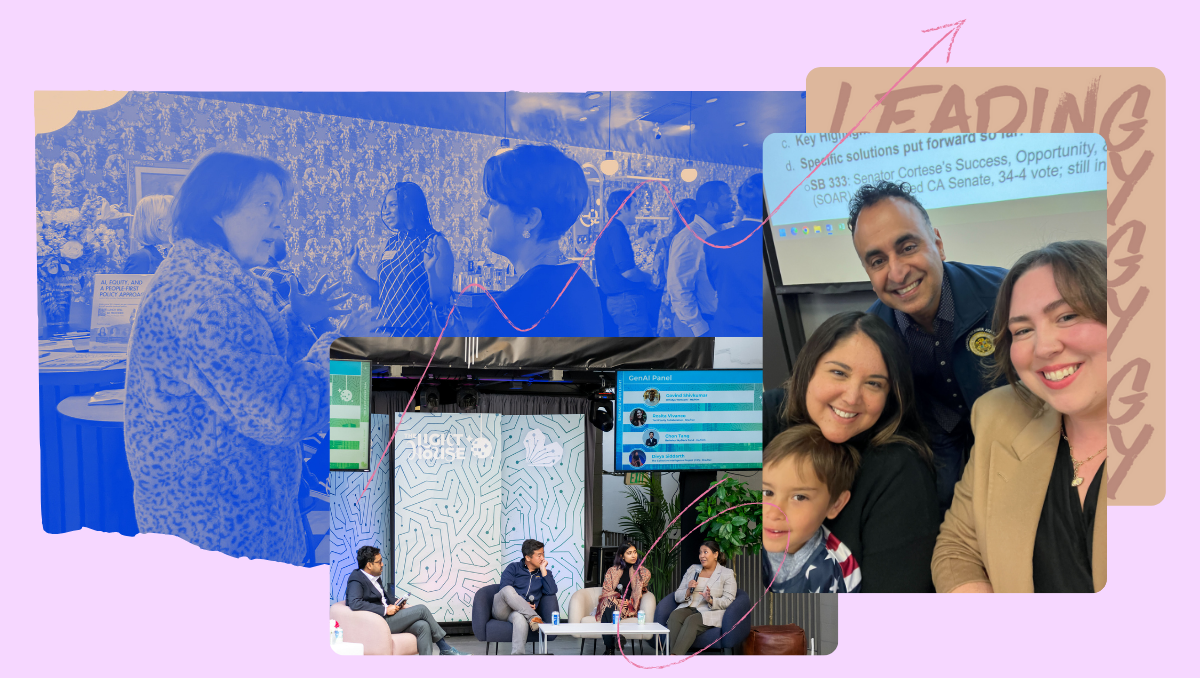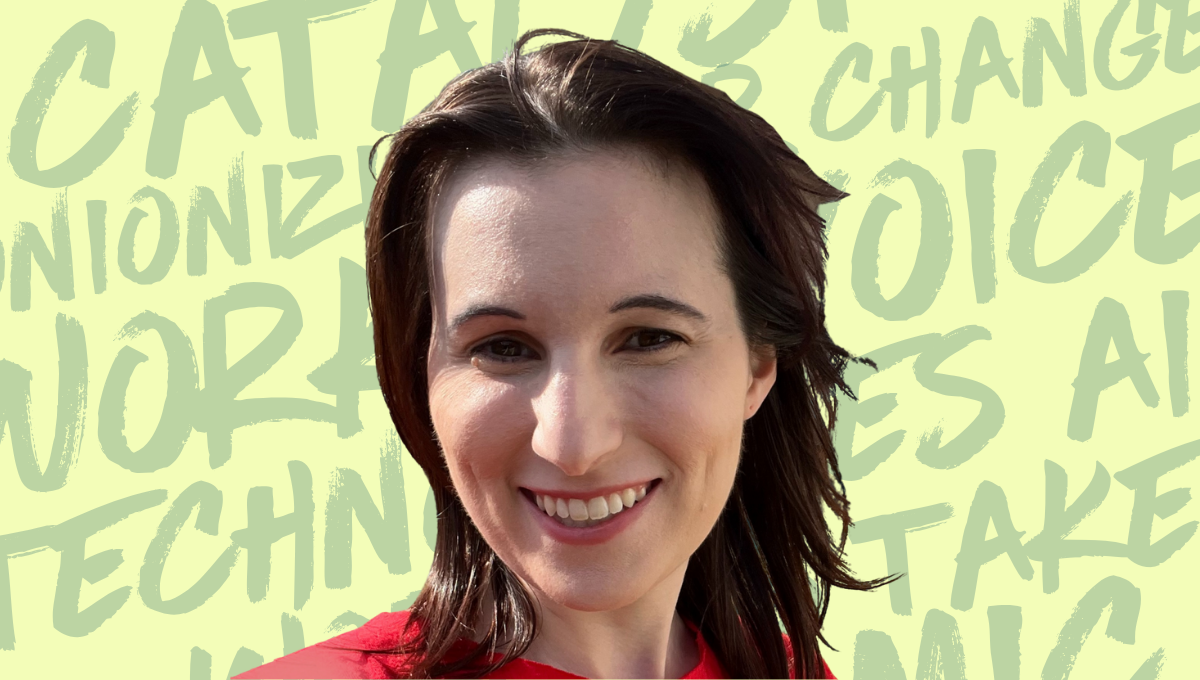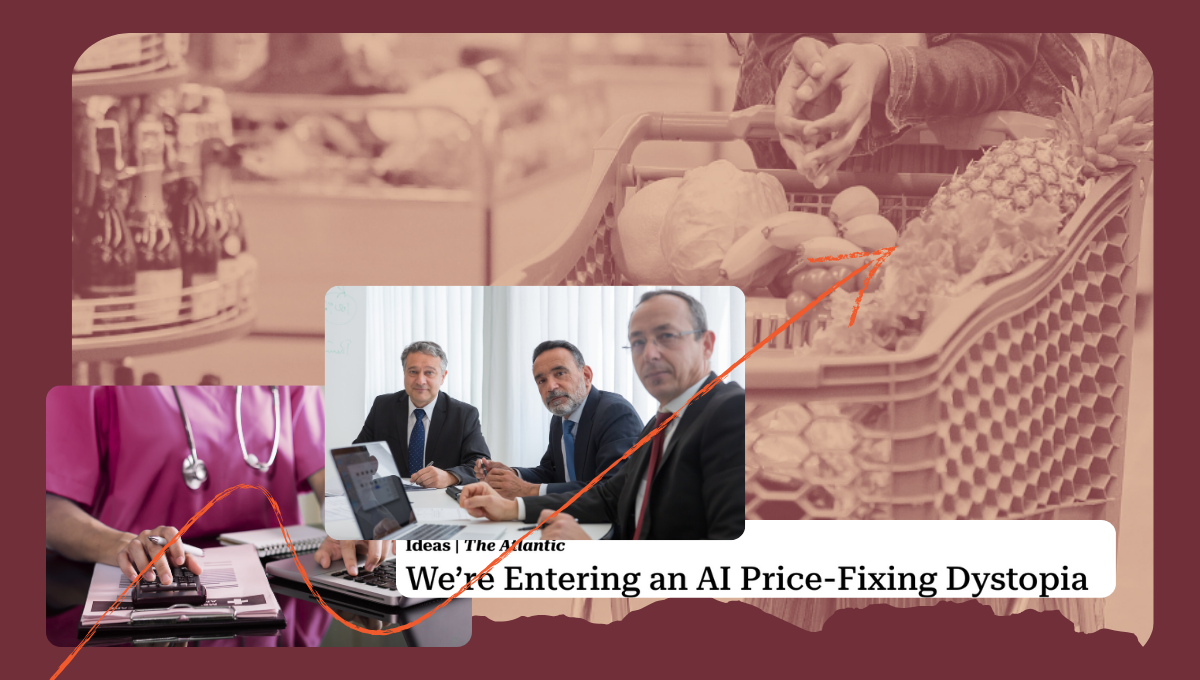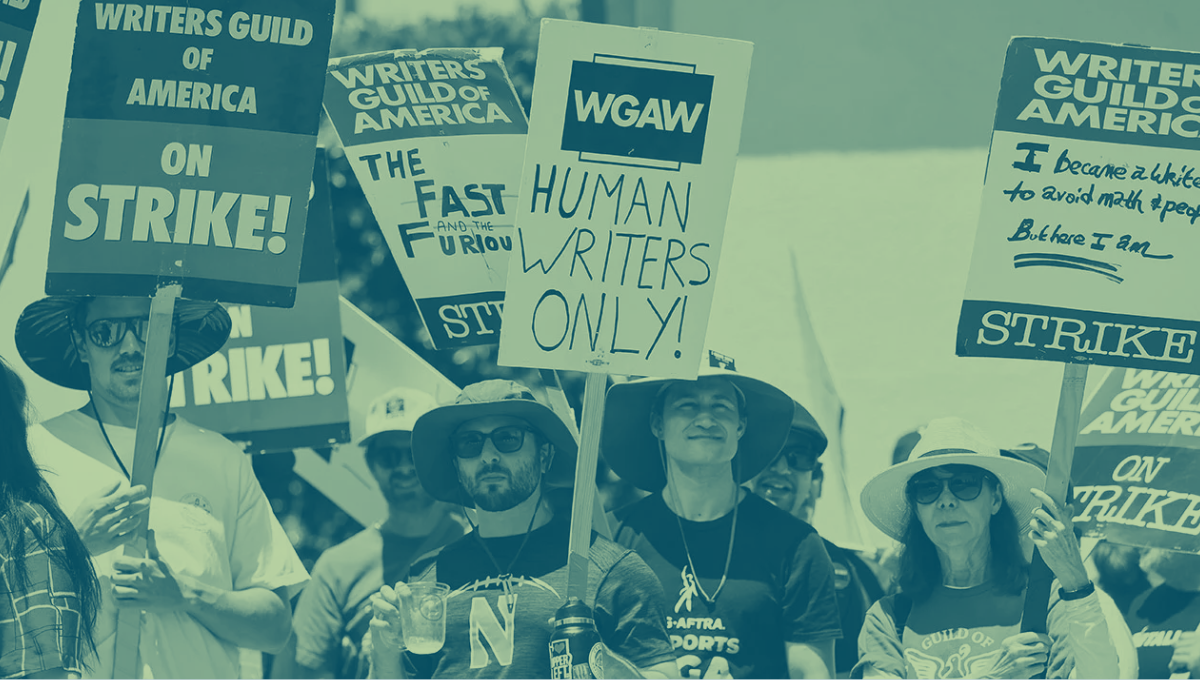What we’ve been up to: TechEquity in the wild

We’re almost halfway through 2024!
Layoffs, outsourcing, and third-party contracting continue to change the nature of tech’s labor force. Legislators are finally addressing the affordability crisis, though not quickly enough. Companies are increasingly using AI to manage their workforce with dangerous implications.
While it’s easy to get doom-and-gloom about all of the issues where tech meets labor and housing, we, alongside our partners, are hard at work building a better future.
Here’s a peek at what we’ve been doing behind the scenes at TechEquity.

Racial justice and poverty in Silicon Valley
Our Senior Director of Advocacy Megan Abell stopped by a town hall to talk about poverty in Silicon Valley. Yes, poverty in the home of tech.
Silicon Valley residents are worth a combined $1.5 trillion, but San Jose leads the nation in youth homelessness. If Santa Clara County were its own country, it would be considered “politically unstable” according to the Silicon Valley Pain Index.
This paradigm is the origin story for TechEquity. Megan spoke about how the tech industry has created prosperity—but only for some.
In fact, when tech comes to town, it often creates an affordability crisis—disproportionately impacting Black and brown community members who have faced housing, workplace, and resource discrimination for generations.
How can we address this issue? Developing guardrails around Proptech, creating tenant protections, and collecting data and generating tools so that regulators and renters can enforce laws both new and old.
Reinvesting in communities and challenging the use of AI in housing decisions
Racial and economic justice was also a key topic at the Just Economy conference in April. Many speakers at the conference focused on disrupting bank mergers, as it’s difficult to hold companies accountable for things like algorithmic discrimination when they have a monopoly.
Hannah Holloway, our Senior Director of Housing, was encouraged to see that regulators were there and ready to learn about the intersection of civil rights, housing, and AI.
On her panel, Hannah talked about our Tech, Bias, and Housing Initiative. The main point she wanted to make was this: we need to implement a more protective framework within the housing and Proptech spaces as housing is, in fact, a human right.
The AI we want at SXSW
Despite concerns that AI is being used in a way that’s worsening inequities, AI isn’t going anywhere. So how can we shape this tech to benefit, not harm everyday people?
Our Chief Strategy and Engagement Officer Rosita Vivanco went to SXSW to discuss just that.
At the event, she noticed a large group interested in understanding the impact of AI on communities—founders, nonprofits, creatives, and even venture capitalists. Many people, primarily VCs and founders, want to know how to support innovation in this space while balancing impact. Here at TechEquity, we believe centering impact will foster innovation, not hinder it.
There was also an interesting prompt for the audience to ponder: consider how your phone has impacted you and how that fits into the history of tech overall. Rosita thought that was fascinating given that we could think about AI as part of this exercise someday—maybe sooner than we expect.
At the end of the day, we think understanding what emerging technologies—like generative AI—mean for our communities is critical to ensuring that it can benefit all of us. This is a core tenant of our Guiding Policy Principles for Equitable AI.
Supporting California legislators in creating better AI policy
This year we premiered our Guiding Policy Principles for Equitable AI and launched our AI Education Series with a reception in Sacramento.
While we’re focused on the national and global impacts of AI and the working conditions of the workers behind it, we’re focusing on influencing policy in California. Why? California is home to one in eight people in the US and is the fifth largest economy in the world. We’ve seen that when policy is enacted in California, it has ripple effects across the country and around the world.
Through our AI Education Series, we’re educating legislators and their staffers, as well as community advocates, about the impact of AI and the AI industry. We started the series by diving into a key point in our Guiding Policy Principles for Equitable AI: putting the people most impacted by AI first when crafting policy.
We’ve also done events on:
- how the attention and investment in Al could further concentrate power and economic inequity
- how AI can be supportive of democracy around the world instead of fueling disinformation to its detriment
- and how AI-fueled hiring and firing decisions hurt workers and can lead to unlawful discrimination
We’re not hosting these events simply to educate. They’re also to facilitate a collective approach to establishing guardrails around AI, which is key to ensuring responsible AI development and deployment.
We’re leading the way
Our Founder and CEO Catherine Bracy also spoke about our Guiding Policy Principles for Equitable AI at a cohort gathering for Leadership SF.
Leadership SF selects 60 future community leaders each year to participate in a ten-month leadership program that includes talks with current leaders like Catherine.
There she encouraged future leaders to think about how AI intersects with their issue areas and where they as leaders can intervene to mitigate the harms of AI tools in their communities.
Want to be part of leading the way to a better future? Join our community to get updates on our latest events, research, and more!





